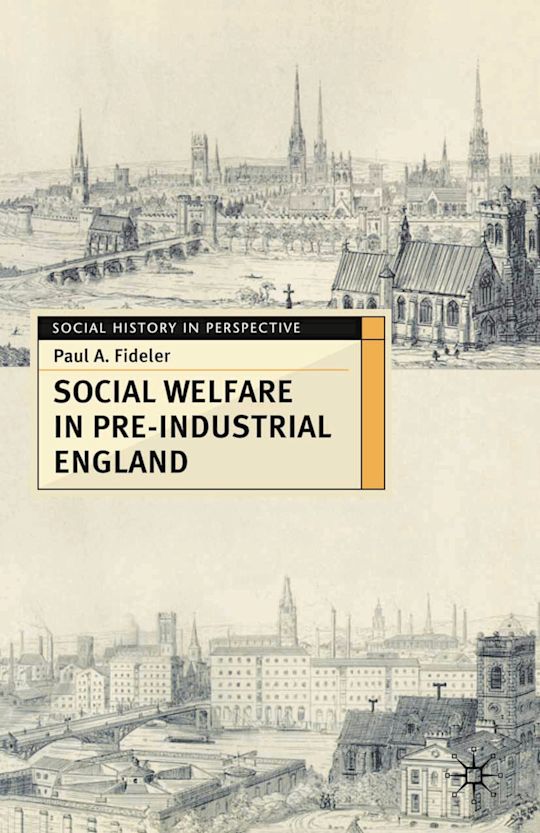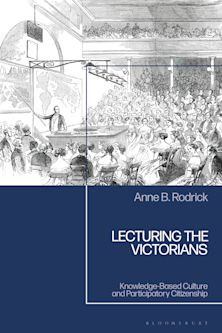- Home
- ACADEMIC
- History
- Social History
- Social Welfare in Pre-industrial England
Social Welfare in Pre-industrial England
The Old Poor Law Tradition
Social Welfare in Pre-industrial England
The Old Poor Law Tradition
This product is usually dispatched within 3 days
- Delivery and returns info
-
Free US delivery on orders $35 or over
You must sign in to add this item to your wishlist. Please sign in or create an account
Description
Crossing period boundaries separating late medieval, early modern, and long eighteenth-century England, Paul A. Fideler offers a coherent overview of parish-centered social welfare from its medieval roots, through its institutionalisation in the Elizabethan Poor Law, to its demise in the early years of the Industrial Revolution.
The study:
- Incorporates the latest scholarship
- Weaves together social, economic, demographic, medical, political, religious and ideological history
- Offers fresh treatments of the contextual importance of Christian moral theology in the fourteenth and fifteenth centuries, humanist and protestant thought in the sixteenth century and neo-Stoic benevolence and political arithmetic in the seventeenth and eighteenth centuries
- Explores two competing approaches to social welfare: societas (voluntary, rooted in custom and tradition) and civitas (mandatory, embedded in policy and law)
- Concludes with a detailed examination of the first histories of social welfare in England undertaken in the late eighteenth century
Table of Contents
The Medieval Societas Christiana (c. 1350-1450)
From God's Poor to Man's (c. 1450-1540)
Parish, Town, and Poor Law (c. 1540-1610)
Implementation (c. 1610-1690)
Settlement, Workhouses, and New Industry (c. 1690-1780)
Poverty, Policy, and History (c. 1780-1810)
Notes
Bibliography
Index.
Product details
| Published | Mar 17 2006 |
|---|---|
| Format | Paperback |
| Edition | 1st |
| Extent | 272 |
| ISBN | 9780333688953 |
| Imprint | Red Globe Press |
| Dimensions | Not specified |
| Series | Social History in Perspective |
| Publisher | Bloomsbury Publishing |
About the contributors

ONLINE RESOURCES
Bloomsbury Collections
This book is available on Bloomsbury Collections where your library has access.



































